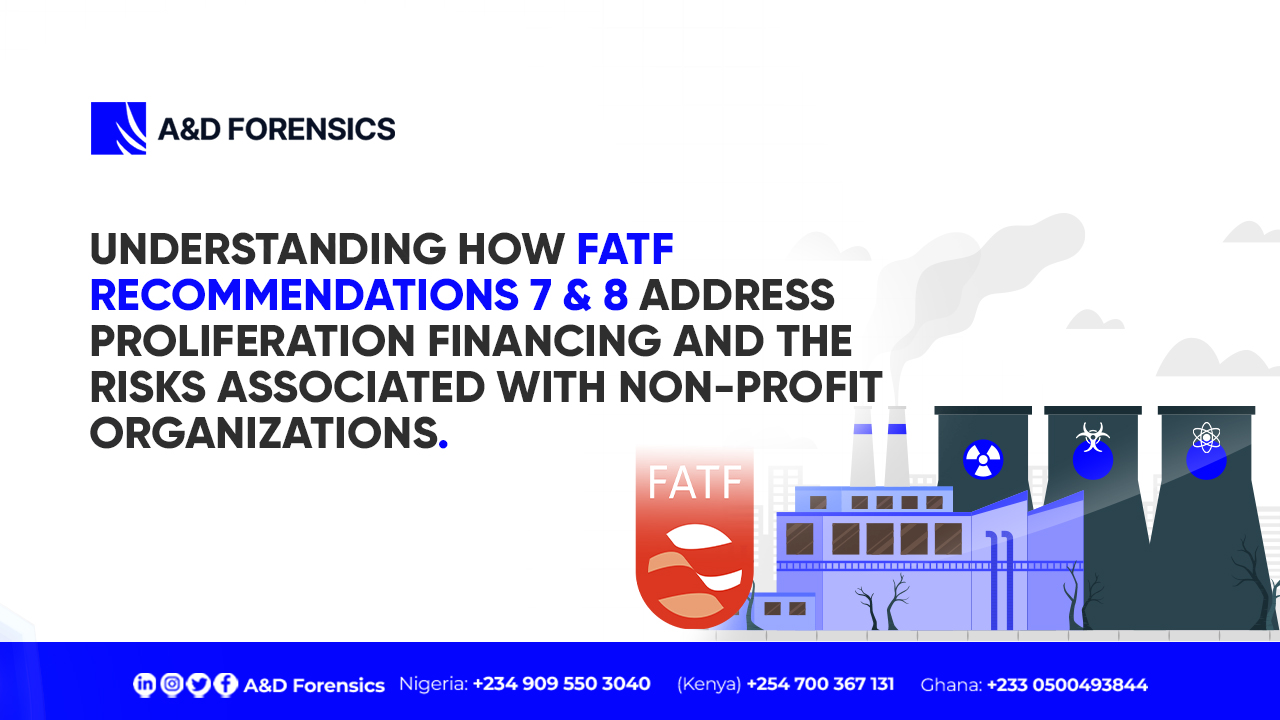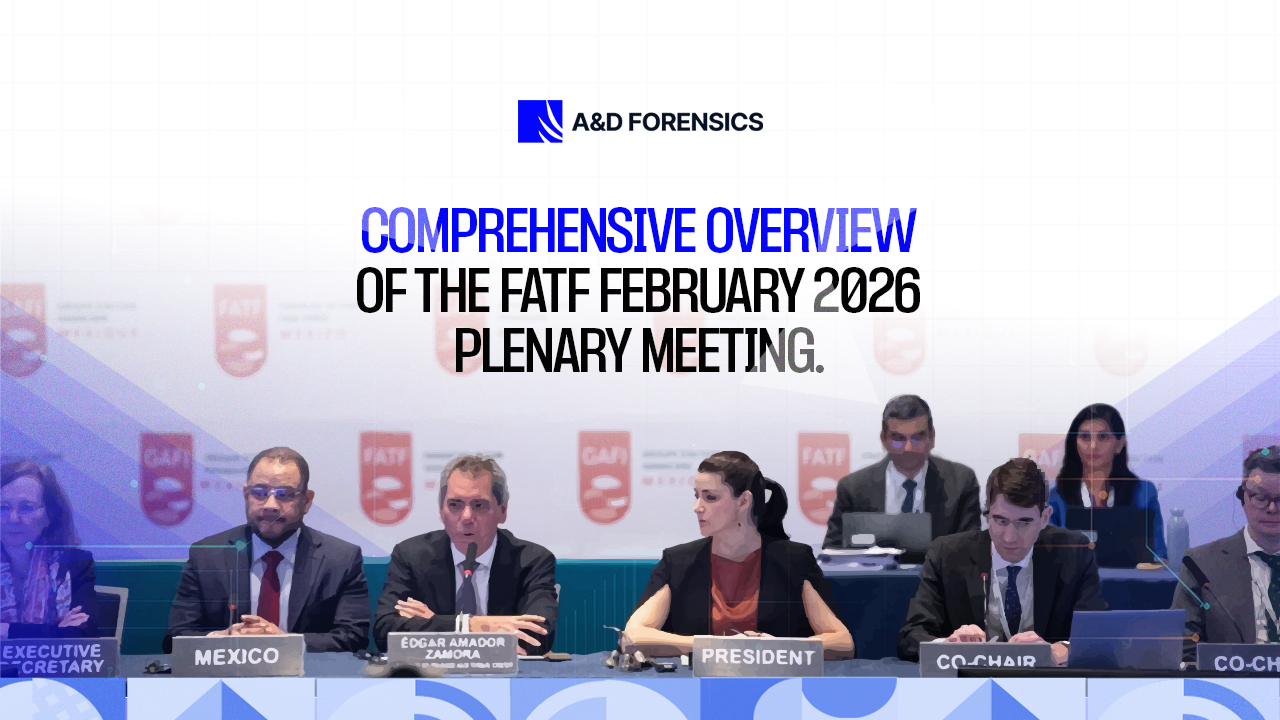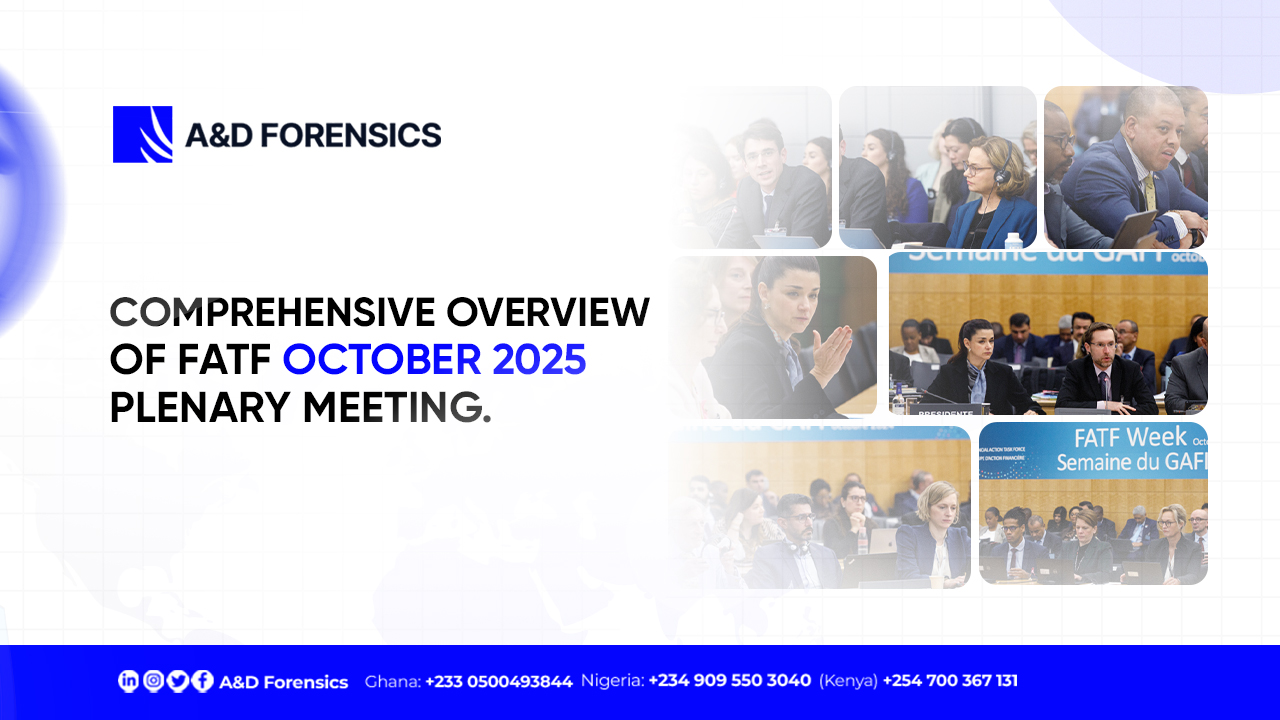The Financial Action Task Force (FATF) establishes global standards for combating money laundering, terrorist financing, and the proliferation of weapons of mass destruction. Among its 40 Recommendations, Recommendations 7 and 8 are crucial in addressing proliferation financing and the risks associated with non-profit organizations (NPOs). This article explores their significance, implementation challenges, and best practices for compliance.
FATF Recommendation 7: Targeted Financial Sanctions Related to Proliferation.
FATF Recommendation 7 mandates that countries implement targeted financial sanctions (TFS) to prevent the financing of weapons of mass destruction (WMDs). These sanctions are based on United Nations Security Council Resolutions (UNSCRs) and require countries to freeze assets, prohibit fund transfers, and prevent financial services that support proliferation-related activities.
Key Provisions of FATF Recommendation 7
- Enforcement of UN Sanctions: Countries must swiftly implement UNSCRs that impose targeted financial sanctions against entities linked to WMD proliferation.
- Mechanisms for Freezing Assets: Financial institutions and relevant entities must have systems in place to identify and freeze the assets of designated individuals or organizations.
- Restrictions on Financial Transactions: Prohibit the direct or indirect provision of funds, economic resources, or financial services to sanctioned entities.
- Regulatory Supervision and Compliance: Authorities must establish strong oversight frameworks to ensure financial institutions and designated non-financial businesses comply with these sanctions.
Challenges in Implementation of FATF Recommendation 7
- Complexity of Identifying Proliferation Risks: Many financial institutions struggle to recognize proliferation financing due to its sophisticated nature.
- Coordination Between Agencies: Effective enforcement requires strong coordination between financial intelligence units (FIUs), regulators, and law enforcement.
- Evasion Techniques: Proliferators use shell companies, trade-based financing, and intermediaries to circumvent sanctions.
FATF Recommendation 8: Addressing the Risk of Terrorist Financing in Non-Profit Organizations.
Recommendation 8 focuses on ensuring that non-profit organizations (NPOs) are not misused for terrorist financing (TF). While NPOs provide essential services globally, some have been exploited to funnel funds to terrorist groups. FATF aims to balance security concerns with the need to preserve legitimate charitable activities.
With Nigeria making significant progress in addressing the risks of terrorist financing within the NPO sector, the country was initially rated non-compliant due to weak regulatory oversight. However, it has taken decisive steps to enhance compliance, leading to full compliance with FATF Recommendation 8.
Key Provisions of FATF Recommendation 8
- Risk-Based Supervision: Governments should assess and mitigate TF risks in the NPO sector using a proportionate approach.
- Clear Regulatory Framework: Establish policies and guidelines to prevent misuse of NPOs while avoiding unnecessary restrictions on legitimate charitable activities.
- Enhanced Transparency: NPOs should maintain accurate financial records, conduct due diligence on donors and beneficiaries, and ensure accountability in fund distribution.
- Collaborative Engagement: Authorities should work closely with the NPO sector to improve awareness and compliance with anti-terrorism financing measures.
Challenges in Implementation of FATF Recommendation 8
- Balancing Security and Civil Liberties: Over-regulation may hinder legitimate NPO activities and charitable efforts.
- Lack of Awareness: Many NPOs are unaware of their vulnerability to TF abuse.
- Cross-Border Funding Risks: International transactions involving high-risk jurisdictions pose challenges.
Best Practices for Compliance with Recommendations 7 & 8.
- Implement robust screening tools to detect sanctioned entities and assess risks within NPOs.
- Conduct regular risk assessments and staff training on proliferation financing and terrorist financing risks.
- Strengthen inter-agency cooperation and communication between regulatory authorities, financial institutions, and NPOs.
- Encourage self-regulation within the NPO sector to enhance compliance efforts while maintaining operational flexibility.
- Implement a proportional regulatory framework that does not disrupt legitimate NPO operations but effectively mitigates financial crime risks.
- Leverage technology to improve monitoring, reporting, and compliance with targeted financial sanctions.
Conclusion
FATF Recommendations 7 and 8 play a critical role in safeguarding the financial system from proliferation financing and terrorist financing through NPOs. Governments, financial institutions, and NPOs must work together to ensure effective compliance while balancing security and operational efficiency. By adopting a risk-based approach and leveraging technology, stakeholders can mitigate risks and contribute to global financial integrity.
Explore FATF Recommendation 1 to 6 in our previous blog:
Contributor: Ibrahim Anuoluwapo Azeez






